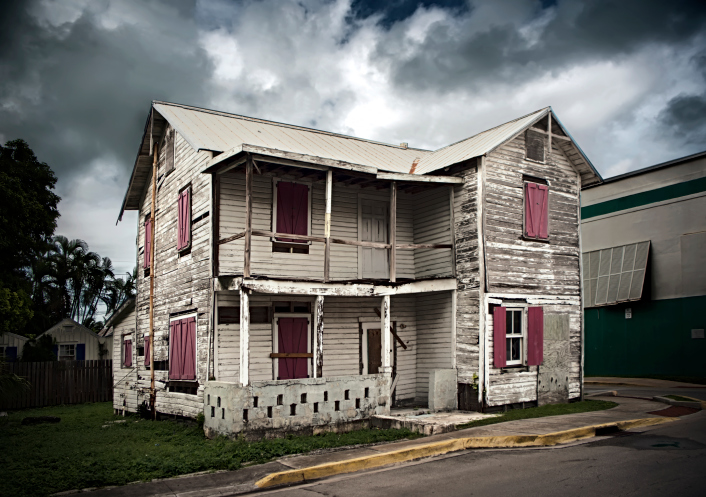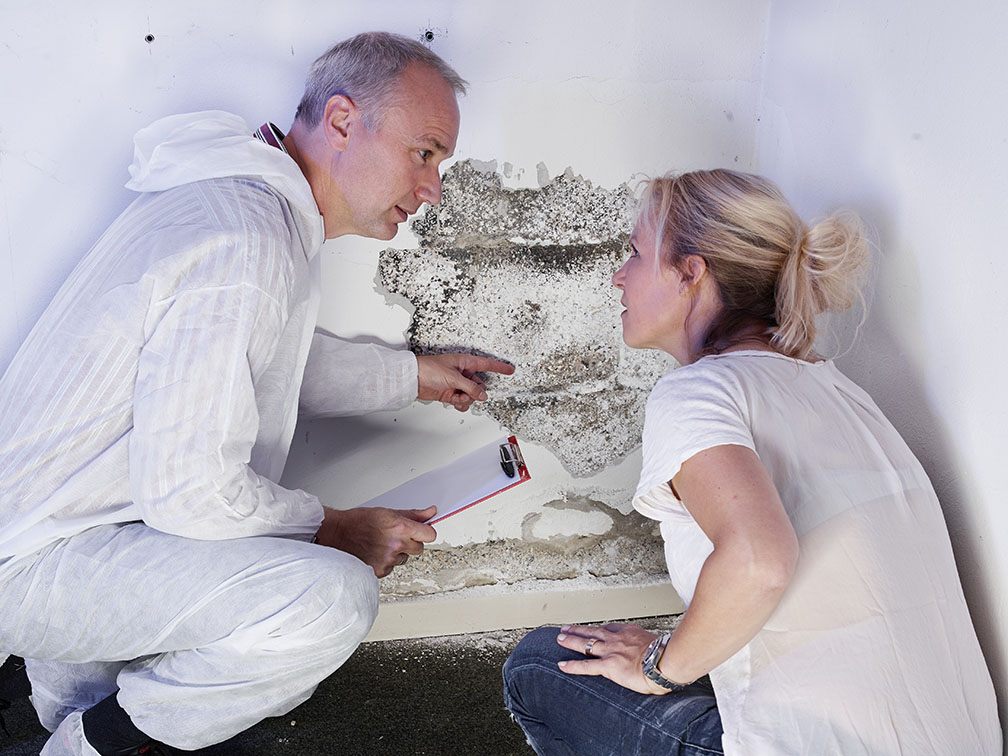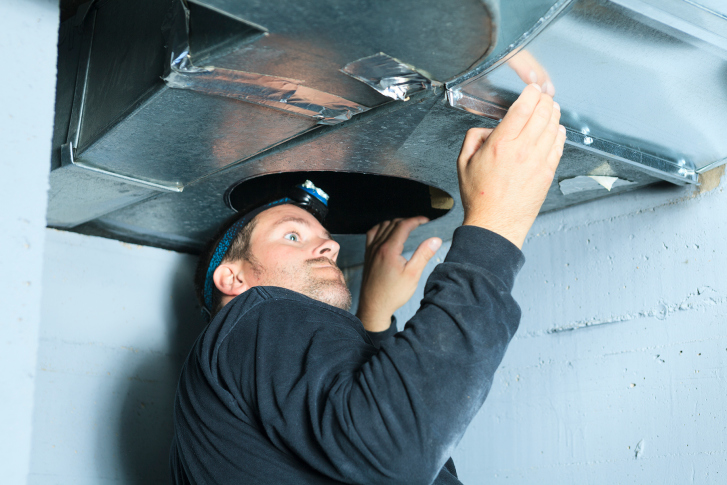Home Buying Horror Stories: How Buying a Home Can Go Wrong – and How to Avoid These Mistakes
 When you buy a home, you may have dreams of settling into a beautiful new space that meets your needs and that your family can feel comfortable in. While many will enjoy this vision of domestic tranquility after taking ownership of their dream home, others have had their dream turn into a veritable nightmare due to some simple mistakes or oversights on their part. By understanding these mistakes, you can avoid making them yourself.
When you buy a home, you may have dreams of settling into a beautiful new space that meets your needs and that your family can feel comfortable in. While many will enjoy this vision of domestic tranquility after taking ownership of their dream home, others have had their dream turn into a veritable nightmare due to some simple mistakes or oversights on their part. By understanding these mistakes, you can avoid making them yourself.
Paying Too Much For The Property
One the surface, the main cost of buying a home relates to the sales price, and it is true that your monthly housing payment may be the primary related expense. However, other expenses such as homeowners insurance, property taxes, repair and maintenance costs, utilities and more will all need to be factored into the cost of home ownership. Some buyers believe that because an online calculator or a lending professional tells them that they can afford a high priced home that it is the case. You can review your budget and estimate all related home expenses to determine how affordable a specific property is for you.
Finding Out That The Location Is Undesirable
There are many things that can make a location undesirable, and you should take time to become comfortable with the location before making an offer. Consider, for example, if the neighbors like to throw loud parties on the weekend or if there is a teen driver that likes to speed down the street. If you are buying a property with open land or vacant buildings around it, consider researching zoning, and think about future uses for these properties that could influence value and desire.
Discovering That Your Property Is In Bad Condition
Some home buyers discover after purchasing a property that it is not in the best condition, and some even learn that their home needs tens of thousands of dollars of repair work or more. Even properties that appear to be in great condition on the surface may have hidden issues with the foundation, structure, roof, pipes or electrical work, to name a few. You can order a property inspection to learn more about the true condition of a property.
These are among the most common issues that can turn a dream home into a nightmare. When you work with a local real estate agent when buying a home, your agent can help you to avoid unpleasant and costly mistakes such as these.
 There are so many small details involved in the final purchase of a home that it can be easy to lose track of the things that need to be done. While you won’t be able to forget about a home inspection, a pest inspection can be every bit as important before you sign on the dotted line. If you’re wondering why you shouldn’t forego this important step, consider the following information.
There are so many small details involved in the final purchase of a home that it can be easy to lose track of the things that need to be done. While you won’t be able to forget about a home inspection, a pest inspection can be every bit as important before you sign on the dotted line. If you’re wondering why you shouldn’t forego this important step, consider the following information. When it comes to selling a home, it is a common belief that once the offer is accepted, there is nothing else to be negotiated. However, issues and obstacles that can arise during the home inspection can be a cause for discussion with the seller. Whether you’re currently searching for houses or your offer has already been accepted and you’re preparing for the next step, here are some tips in the event that the home inspection isn’t up to par.
When it comes to selling a home, it is a common belief that once the offer is accepted, there is nothing else to be negotiated. However, issues and obstacles that can arise during the home inspection can be a cause for discussion with the seller. Whether you’re currently searching for houses or your offer has already been accepted and you’re preparing for the next step, here are some tips in the event that the home inspection isn’t up to par.